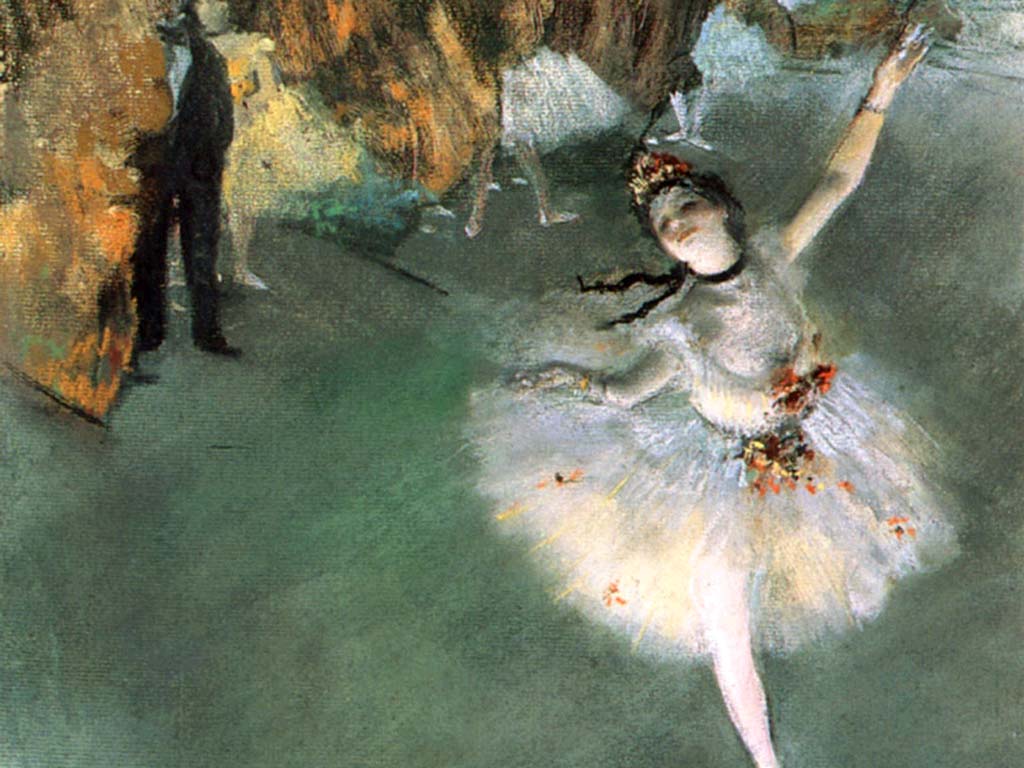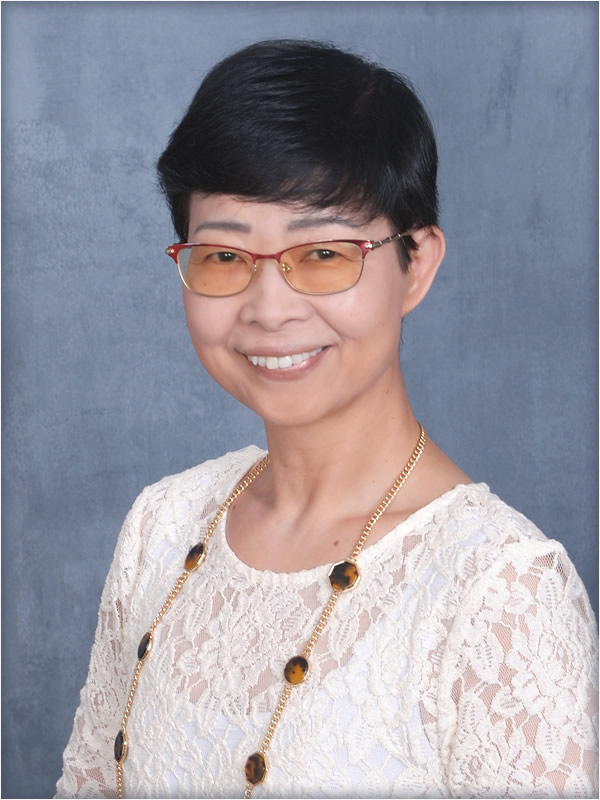Particles – Difference between “To” and “Ya”
(Degas)
1) Mari-san-to Kenji-san-wa Kookoo Ninenseidesu. [Mari and Kenji are second year high school students.]
2) Watashi-wa Eiga-to Ongaku-ga Sukidesu. [I like movies and music.]
3) Tukue-no Ue-ni Hon-to Nooto-ga Arimasu. [There is a book and a notebook on the desk.]
4) Getsuyobi-to Suiyobi-to Kinyobi-ni Sakkaa-no Renshuu-ga Arimasu. [We have soccer training on Monday, Wednesday and Friday.]
<Question> Can you replace all these “to” with “ya” in Japanese?
1) No. This is a statement regarding Mari and Kenji. Focus is placed only on Mari and Kenji.
2) No. Refer to the conversation below:
Tomoko: Gaka-no Naka-dewa Dare-ga Sukidesuka. [Which painters do you like?]
Peter: Pikaso-ya Hokusai-ya … (thinking) Sezannu-ya Mone-ga Sukidesu. Atto…Doga-mo Sukidesu. [I like Picasso, Hokusai, Cezanne, and Monet. I forgot! I like Degas, too.]
*Peter could add another name or two if he remembers. When you talk about some of the ingredients (ex. your favorite painters) among all the ingredients (ex. all the painters you love in this world), you use “ya.” On the other hand:
Tomoko: Dare-ga Ichiban Sukidesuka. [Who(m) do you like best?]
Peter: Pikaso-to Hokusai desu. [I like Picasso and Hokusai.]
**Peter loves Picasso and Hokusai best. That’s why he said,”Pikaso-to Hokusai desu” without hesitation. He stated all the ingredients (painters he likes best), NOT the part of all the ingredients.
3) No. This is a statement regarding the objects on the desk. Once again, focus is placed only on a book and a notebook. Most likely, there is nothing else on the very desk now.
4) Definately No. Mondays, Wednesdays, and Fridays are all the ingredients (the days of the week you practice on) in this sentence. Not a part of all the ingredients (the days of the week you practice on).




